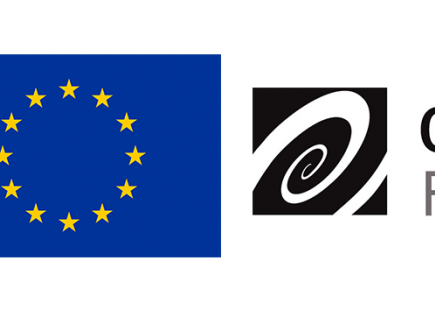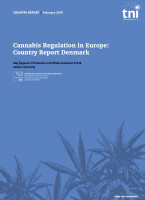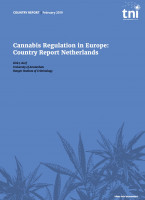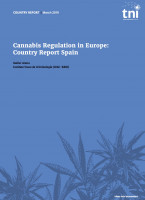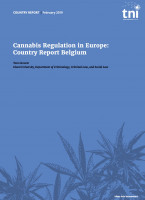Cannabis Regulation in Europe: Country Report Switzerland
Temas
Regiones
In the 1990s Switzerland was one of the leaders of a movement towards harm reduction for heroin users. Today, the country is also re-thinking its cannabis policy, with municipalities pushing for experiments in more progressive models of regulation, and citizens pushing for legislative reform. Produced as part of a the "New Approaches in Harm Reduction Policies and Practices" project, this Country Report seeks to understand the drivers of Swiss cannabis policy today, and the possibilities for its future.
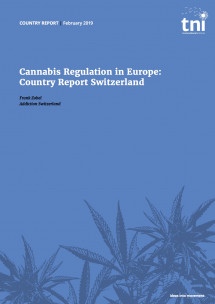
Autores

Switzerland’s current cannabis policy is experiencing multiple challenges: an unsatisfactory implementation of the narcotics law against cannabis users, a very visible and legal CBD cannabis market, attempts of cantons and cities to develop cannabis-distribution trials, possibly a ballot initiative, and a growing demand for medical cannabis. These multiple challenges should indicate that Switzerland could change its policy in the not too distant future.
This project has been funded with support from the European Commission. The publications reflect the views only of the authors, and the European Commission cannot be held responsible for any use which may be made of the information contained therein.
